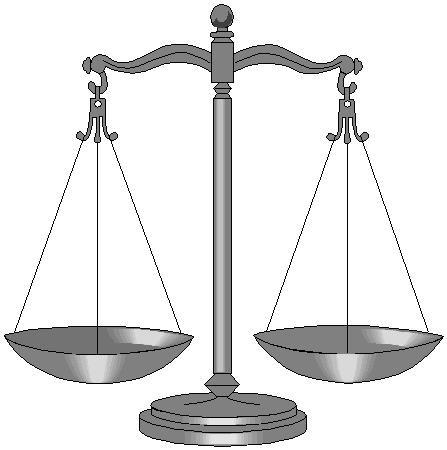It's been rather crazy over the last 6 weeks, getting swamped with work, mostly resulting from workplace incompetency and breaching of job scope. The work culture in 1984-ville is very bad. There is no effective legislation protecting employees and everyone is expected to work beyond 40 hours a week in addition to doing things that are outside of the job scope. Employers often use this culture to slip sneaky clauses into the terms of employment. Things like "...and any other matters that the employer may require the employee to perform." Clauses like that effectively give employers unfair advantage and make employees' job scope arbitrary. And employee-employer contracts are largely unregulated by legislation, so they are essentially private agreements between two parties, meaning the outcomes of disputes are decided in civil courts.

Photo: Alemeda Labor Council
Almost all of my colleagues accept this unfair and unequal labour relationship, perhaps for fear of breaking their rice bowl (or bread basket, if you aren't into rice). Anyone agitating for an improvement in work conditions is seen as rocking the boat. The thing is, employer-employee relationship is really very simple. In any industrial relation, you have three main components - employer, employee and government. With knowledge, you'll have a better idea of what you're getting yourself into before you sign on the dotted line.
Let's take a look at each party of a typical industrial relation in the modern world.

Public Domain
The employee is someone who performs work for an employer. The employee gets certain benefits and returns for performing this work, usually in the form of an agreed amount of money from the employer. There may be other forms of benefits like healthcare, paid leave from work etc. The nature and amount work as well as the benefits in return for work are usually laid out in the form of an agreement, or contract that is mutually agreed upon by both employee and employer. In an ideal situation, the employee would seek maximal benefits for a well-defined set of work or services rendered.

Source: sparklette.net
The employer is usually, but not always, an organization. The employer could also be a person. For example, I may get someone to chaffeur me around instead of driving the car myself. And in return for driving me around, I pay this person a certain amount of money every month. So in this example, the chaffeur is the employee while I am the employer. We see that the main concern for employers is maximal work done at minimal cost. Using the above example, I would, ideally, pay him a buck and have him on 24/7 stand-by, plus car wash & wax every morning. Now, some of you might be sniggering because although I've cited an extreme case, it sounds familiar enough.

Source: Eugene Wallingford
The role of the government in labour relations is to look after the welfare of the people it governs while allowing society to function without hinderance. Of course, the government has certain powers vested to create and enforce legislation on workplace relations. We will immediately realise that it is in the interest of both employees and employers to get the government "on their side". The main concern of any elected government is how it can stay in power. This concern does not apply to governments that do not have to account to its people (i.e. absolute monarchs, dictators, despots, election-riggers etc). Accountable governments, therefore, will strive to create an environment where employee rights are resepected, implement generous (i.e. low) corporate tax policies and have enough in its pockets to fund everyday running of the state so that everyone's happy and will vote for it in the next elections.
We'll look at employment contracts next...
We'll look at employment contracts next...